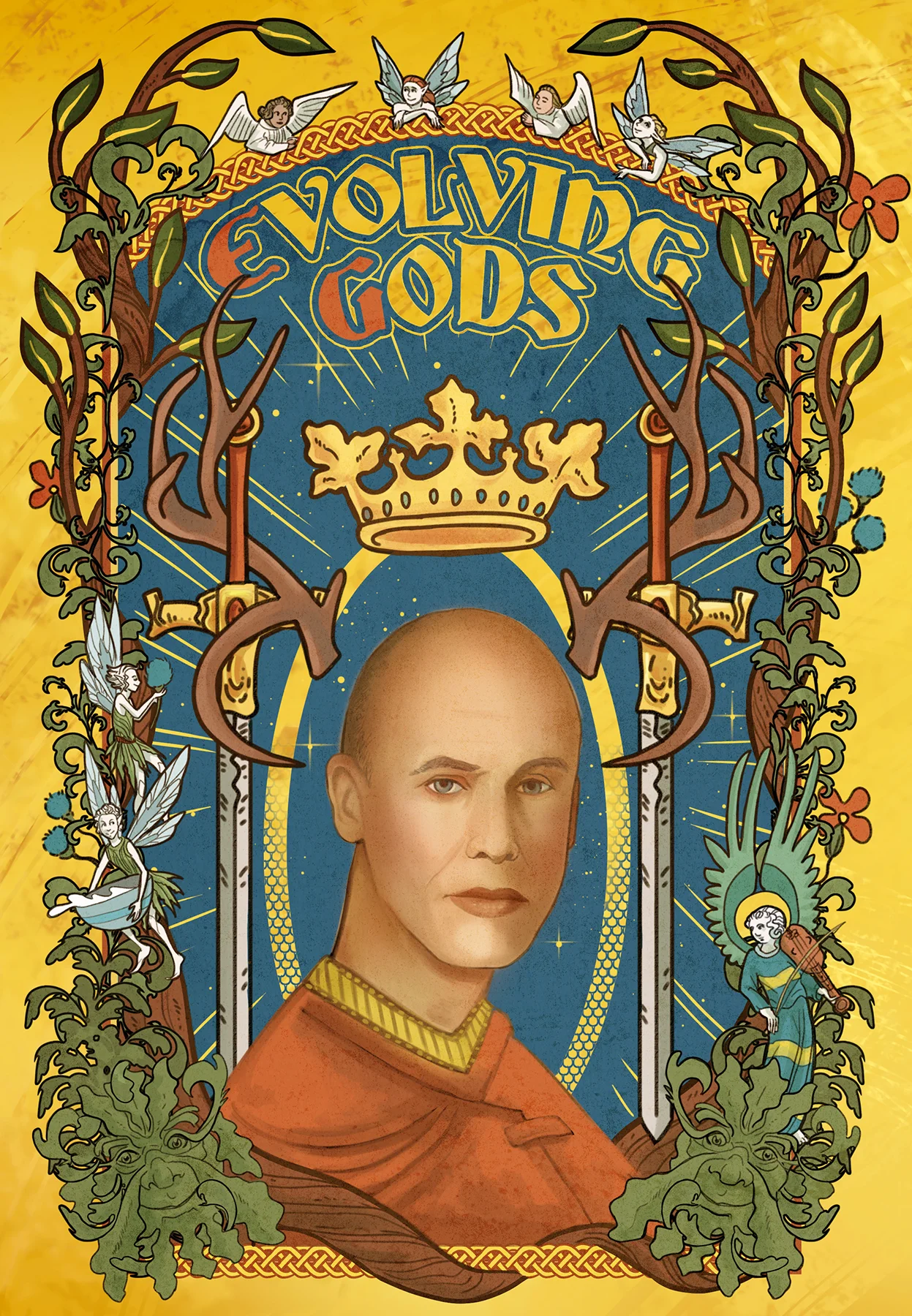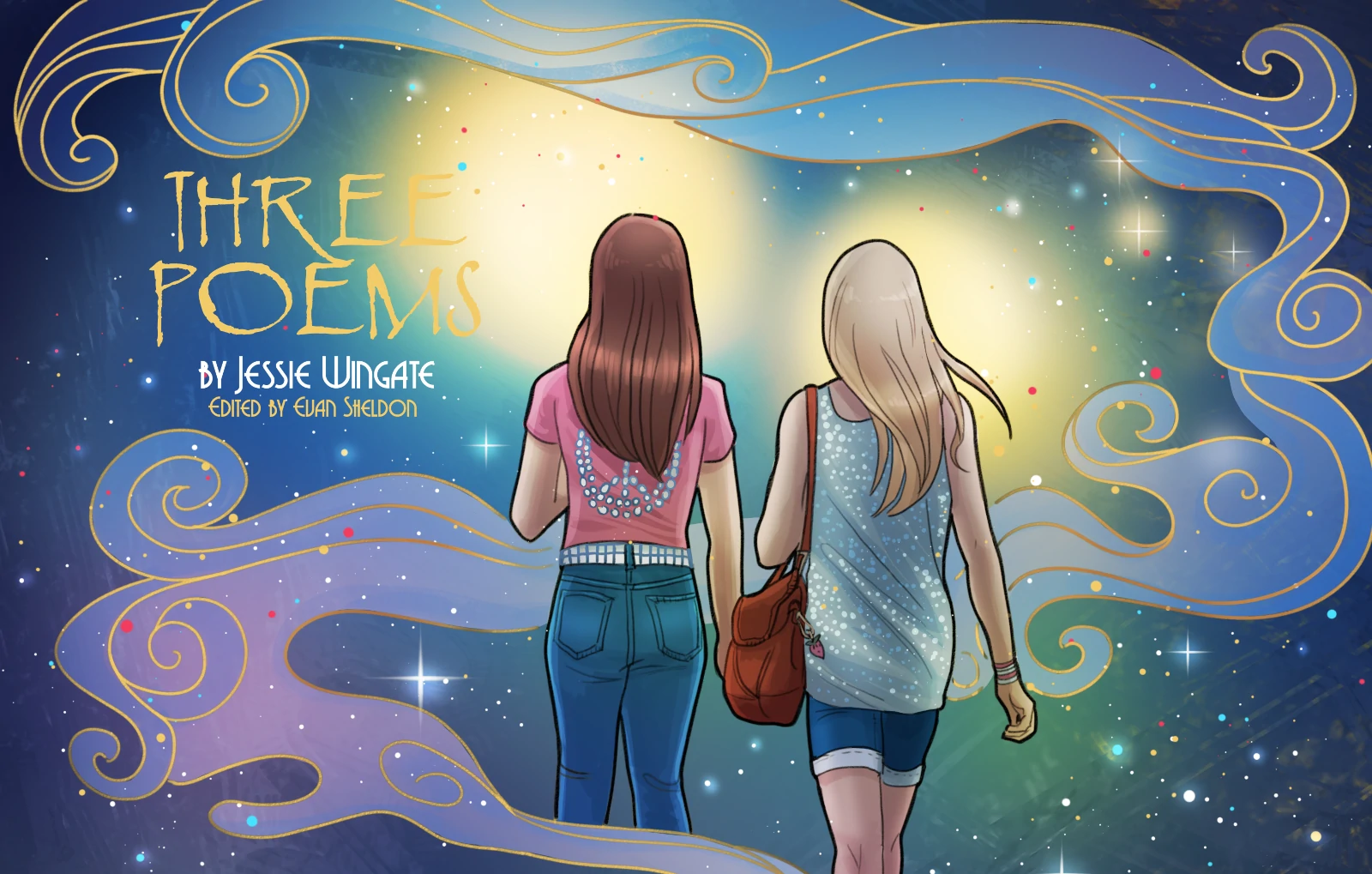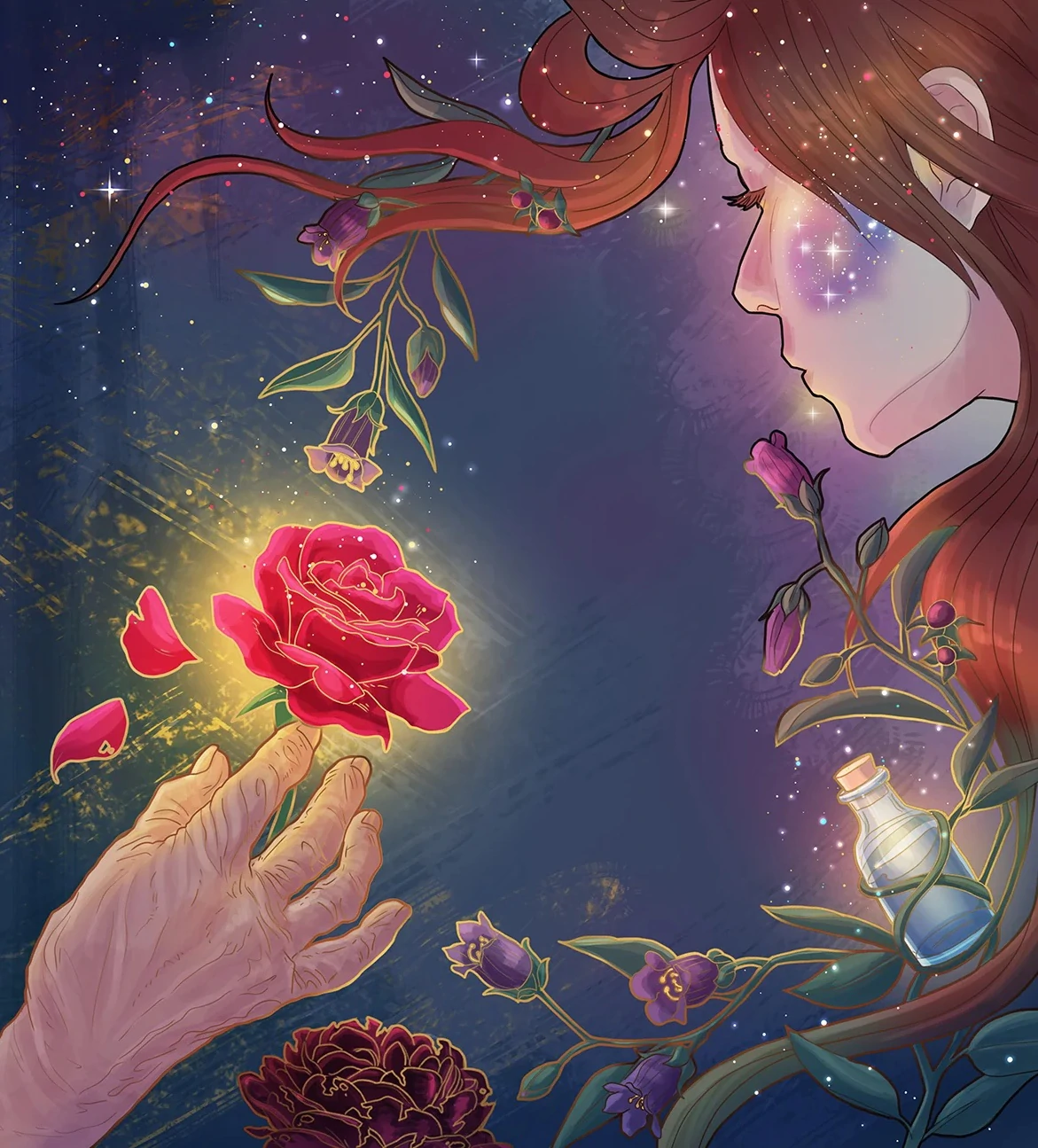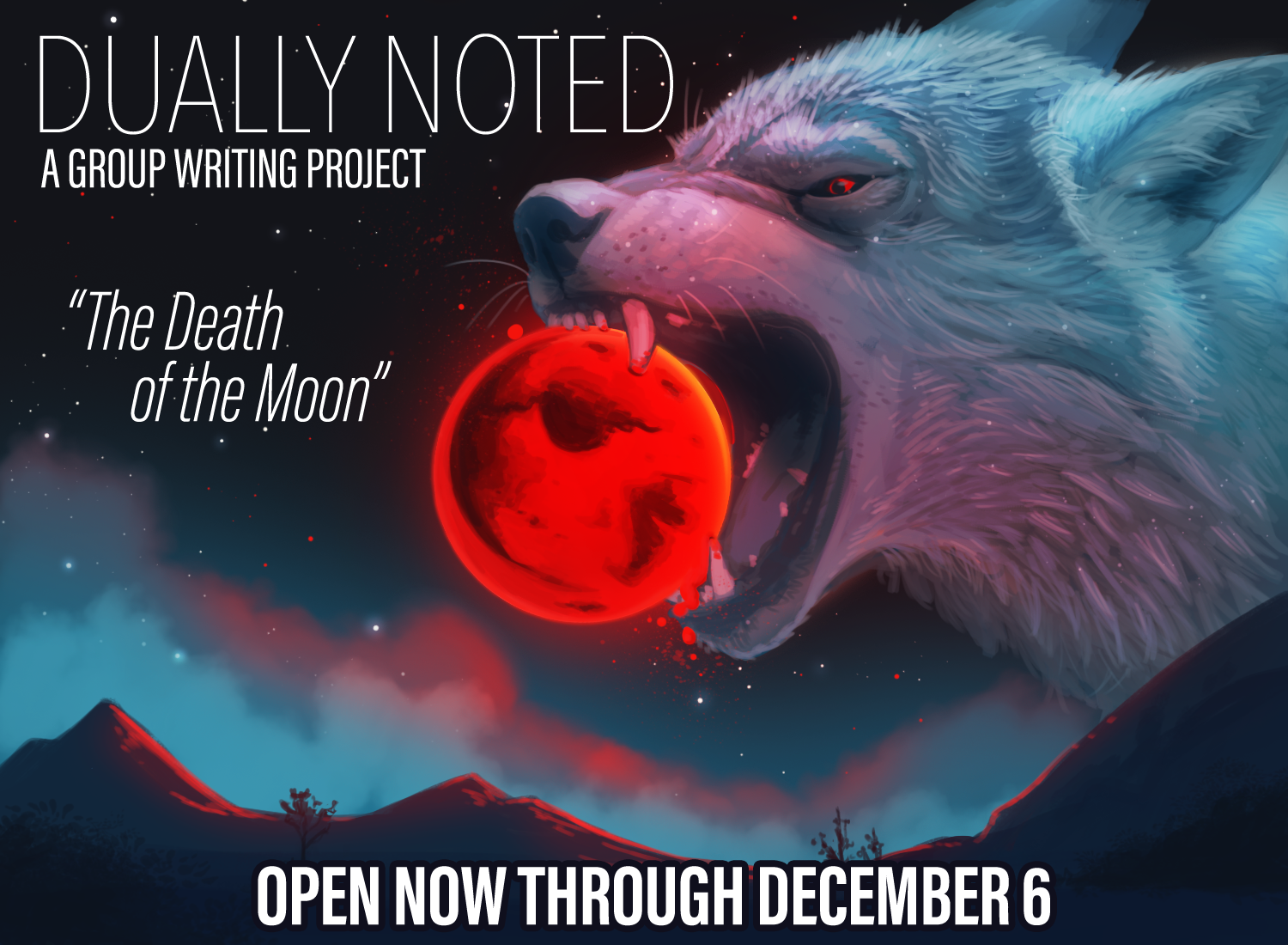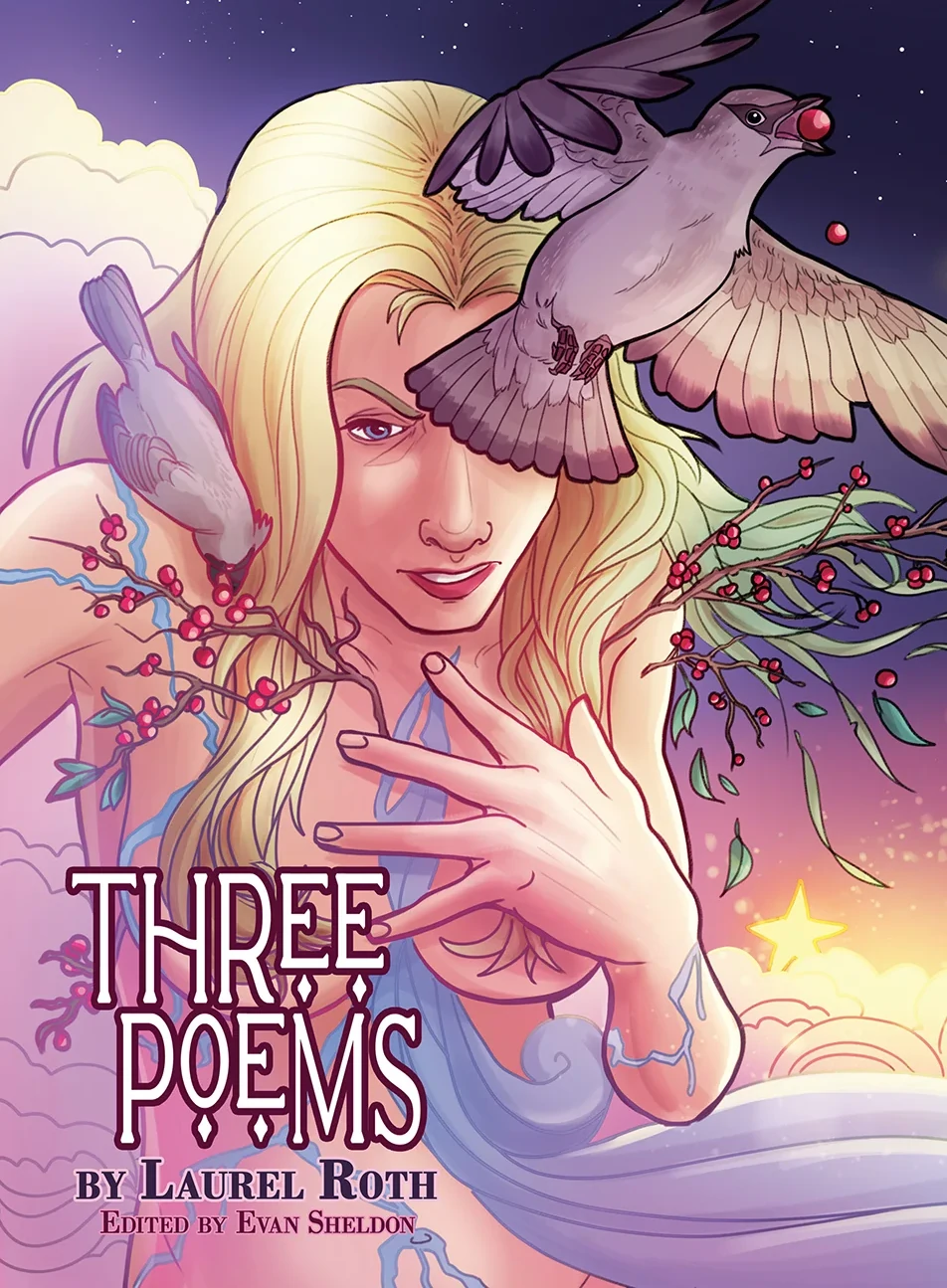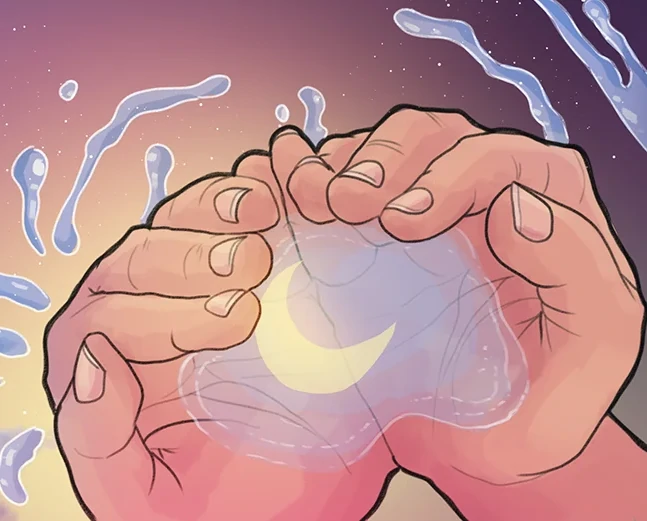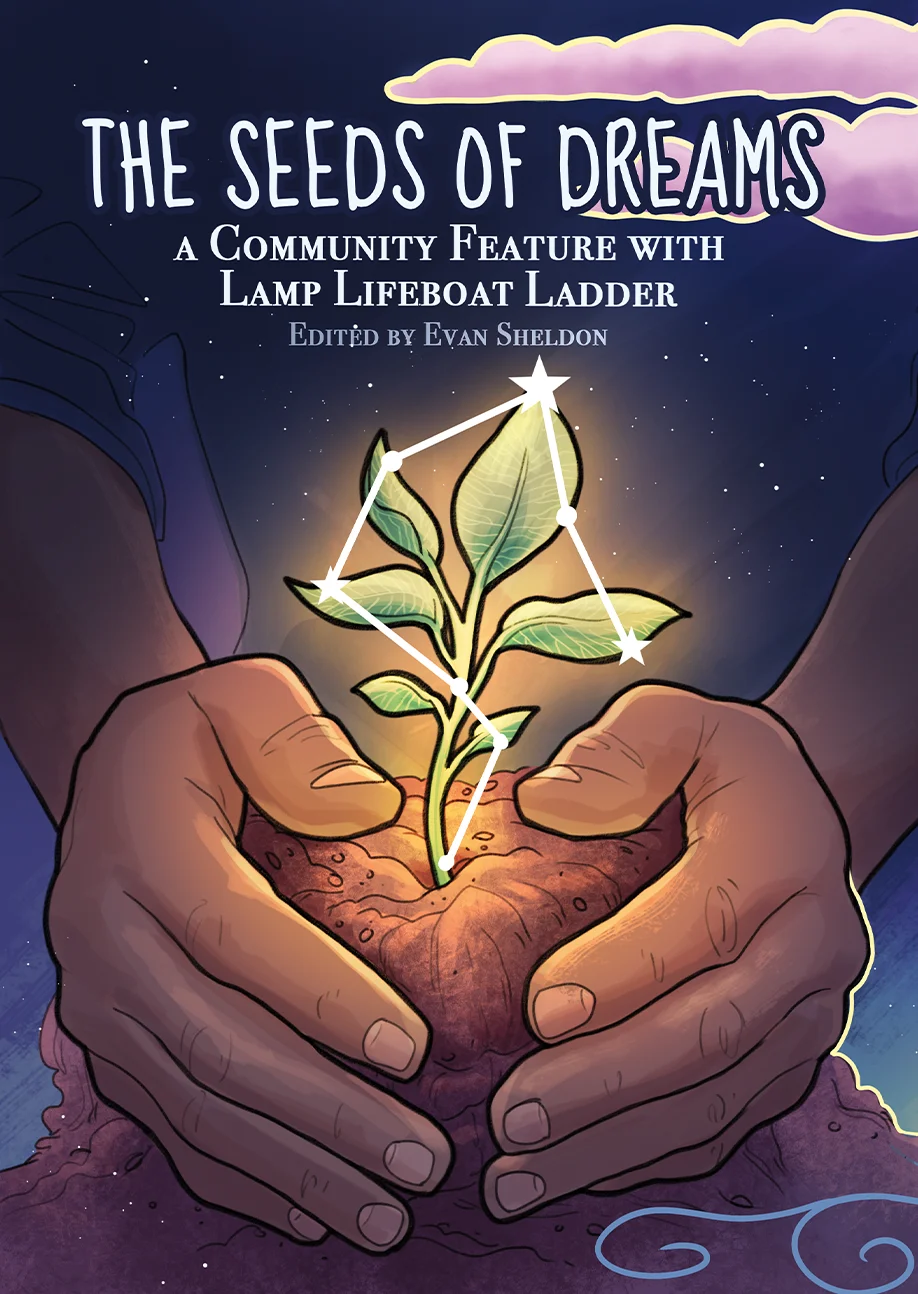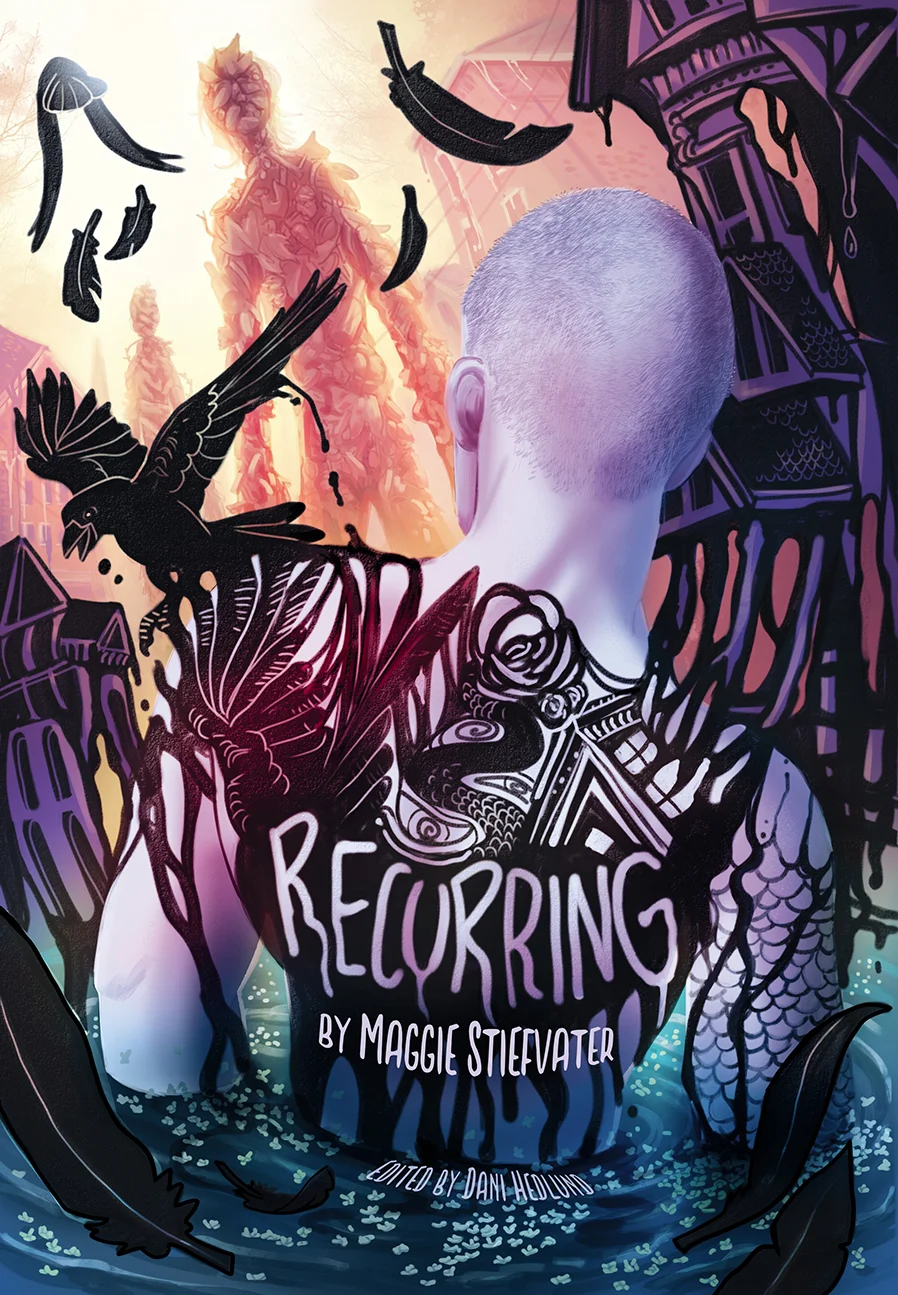a woman at night is like a man in the morning
except in all the ways she is not
for there are no means for the mounted streetlight to feel as warm
on skin
as the unrobed mid-day sun
nor can the sweet chirp of mothers to their young in the nest atop that big old birch
quite compare to the cricket’s night
interspersed by those phantom voices spun
by the hungry winds
gusty manhandling of autumn’s last branches
the moon for all her virtues
cannot give the time
no more than the sun can refrain himself from his merry traverse
on the trail of east to west
from dawn until dusk
when man’s wondrous telescope finds itself wrapped under a tarp
bearing the dirt of good fun
hoisted onto something so naturally manufactured for liberation
a Jeep, perhaps, or a pickup truck
sans the sort of thing resembling a cover or door
or perhaps onto a back naked without the indentations of a bra
braced upon loud clunky feet that squelch down the mud path
they have never learned to tip-toe around uncles in living rooms
and meander to kitchens where mothers pour libations for thirsty throats or
to hush the patter of hurried footsteps
and avoid the big old lurker lying in the shadows
or to use inside voices when not inside
and listen for those foreign fingers hungry for tender necks
and to stay away from bad manners and shadows
no matter if the shadows transport
to a poppy field
their pearly whiteness more spectacular night’s canvas and in it
where a patch of grass has
been worn down by calloused bare feet
in the same way man may fall to his knees
look at stars in skies
as the Romans did when Jupiter struck down light’s mandate from His celestial mantle so
too must woman fall
but to scatter rings of salt in the dark
knees resemble meniscus
at night man will delight in the moon
but know that she is nothing without sun’s light
woman could never think to look up
and arrive at this mournful realization
amongst the manic thrum of
howls erupting from the menagerie’s wolves menacing
the walk from car door to home door
uniformed silhouettes brandishing woven manacles
breeding fathers’ Mendelian gaze on adolescent breasts
dead men
and wandering fingers reeking of menthol and vapor
she hears them all in the menial silence of dawn’s darker precursor
senses heightened by menarche
and tragically
the scent of her own traitorous blood is what does her in before morning
